2018年にノーベル生理学・医学賞を受賞した、本庶佑さんの著作 ”幸福感に関する生物学的随想” の前書きから、日本の科学立国としての危うい現状を指摘されている箇所を紹介させていただきます。
2019年10月、吉野彰博士がノーベル化学賞を受賞された。受賞理由は、リチウムイオン電池の開発である。これで、日本人のノーベル賞受賞者は27人となった。日本人の知的水準の高さを表すひとつの指標とも言えるが、この状況がこれからも続くかというと、私は危機感を抱いている。
ノーベル賞の自然科学分野には物理学賞、化学賞、生理学・医学賞の3つがあるが、学問て成熟度には差がある。物理学と化学に関しては、多くの研究者がどこに課題があるかを把握している。一方、生理学・医学はそもそも全体像すら分かっていないのだ。現在、注目されている研究論文は生命科学が圧倒的に多い。欧米、特にアメリカでは科学技術予算の半分以上が生命科学に投じられている。生命科学は総合科学であり、投資する価値が高いと見られているからだ。ひるがえって、日本の予算は三分の一にすぎない。
研究者を取り巻く環境も深刻だ。研究者の喜び、それは若い中から自分が好きなこと・興味を持った事を存分に研究できることだ。しかし今、若手研究者が大学院の博士課程に進まなくなっている。その理由は、企業が研究職の採用を減らしていること、研究者になっても人生の展望が描けないことだと推測される。博士研究員、いわゆるポスドクの多くが数年程度の任期つきの採用であり、これでは生活は安定せず、モチベーションも上がらないだろう。
このブログの主旨である、”幸せになるた”めには、如何に好きな事を続けることができることが重要なことだと思っていますが、私のように半世紀を生きてきた身分であるならまだしも、まだ、これから自分の未来を創っていく10代、20代の学生や、研究者にとっては、とても切実な問題ですね。
産学官でスクラムを組んで、ノーベル賞を目指す若者が増えるような社会にしていくことができればいいですね。私も、何かいいアイデアがないか、もう少し調べてみたいと思います。
(English)
I would like to share with you some passages from the foreword to Tasuku Honjo’s book, “Biological Essays on Happiness,” which won the 2018 Nobel Prize in Physiology or Medicine, that point out Japan’s perilous status as a scientific nation.
In October 2019, Dr. Akira Yoshino was awarded the Nobel Prize in Chemistry. The reason for the award was for the development of lithium-ion batteries. This brings the total number of Japanese recipients of the Nobel Prize to 27. This is an indicator of the high intellectual level of the Japanese people, but whether this situation will continue is a matter of concern to me.
Although there are three Nobel Prizes in the natural sciences – the Physics Prize, the Chemistry Prize, and the Physiology/Medicine Prize – there is a difference in the level of academic maturity between the three. For physics and chemistry, many researchers have an idea of where the challenges lie. On the other hand, physiology and medicine do not have a complete picture. The dominant area of research attention at present is in the field of life science. In the West, especially in the United States, more than half of the science and technology budget is devoted to the life sciences. This is because life sciences are seen as an integrated science and highly worthy of investment. Japan, by contrast, spends only a third of its budget on life sciences.
The environment for researchers is serious. The joy of a researcher is to be able to do his or her favorite thing at a young age. However, young researchers are not entering graduate school doctoral programs anymore. The reason for this is presumably that companies are hiring fewer researchers and that they are unable to envision their life prospects even after becoming researchers. Many postdoctoral fellows, so-called postdoctoral fellows, are hired for fixed terms of a few years or so, which will not provide a stable life and will not motivate them.
I believe that the main point of this blog is how to continue doing what you love to do in order to “be happy”, but if you’re like me and have lived for half a century, or if you’re still a teenager who will be creating your own future, it’s not too late. It’s a very serious problem for students in their 20s and researchers.
I hope that industry, academia, and government can work together in a scrum to create a society where more and more young people can pursue the Nobel Prize. I’d like to do some more research to see if I can come up with some good ideas.

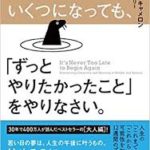
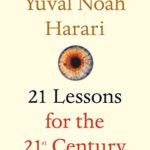



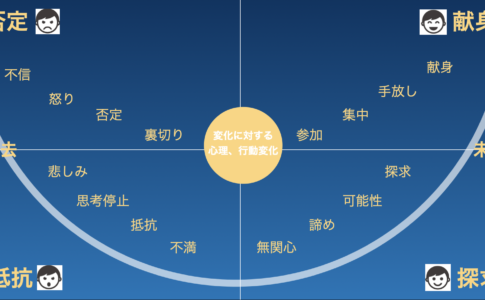

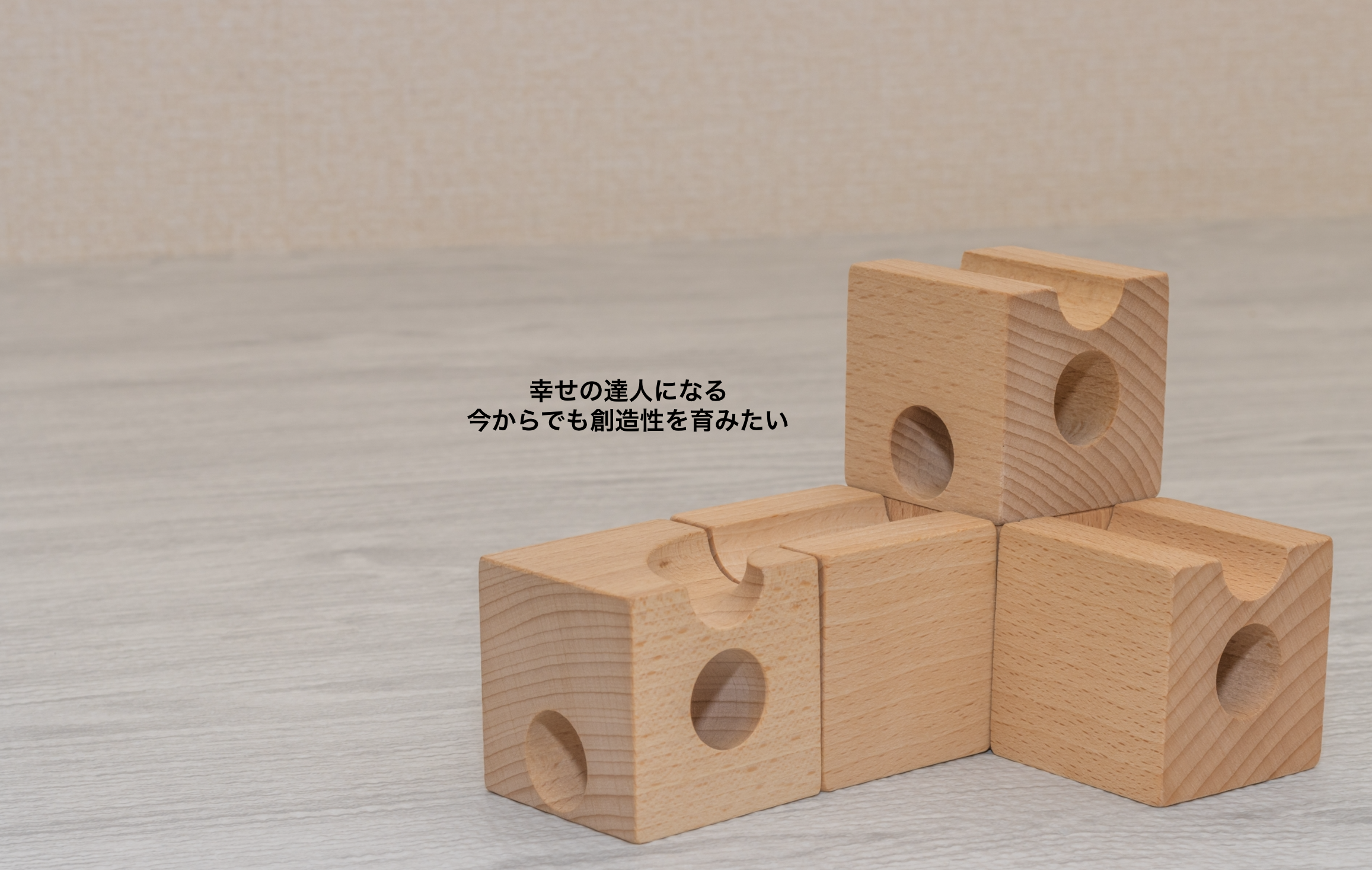
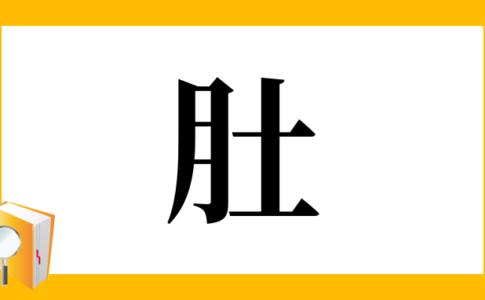

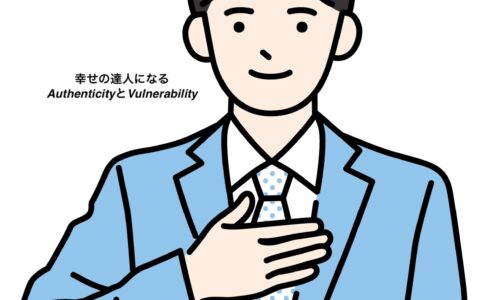
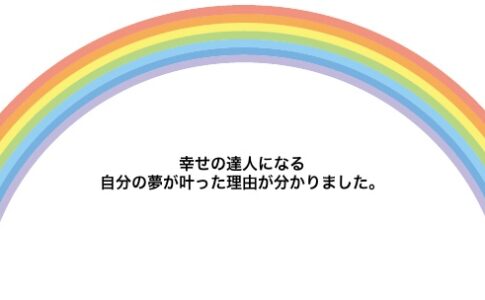
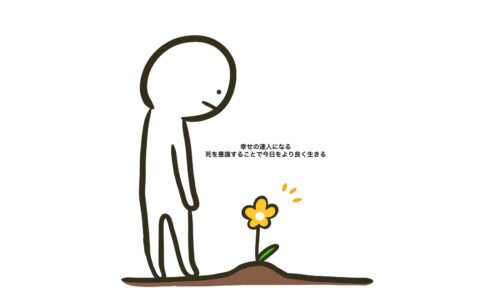
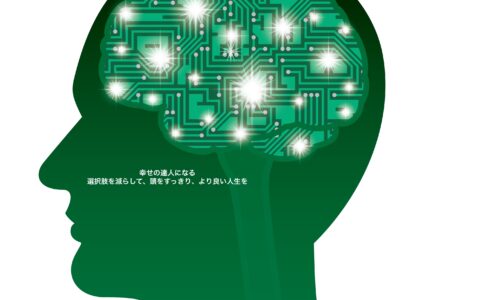

コメントを残す